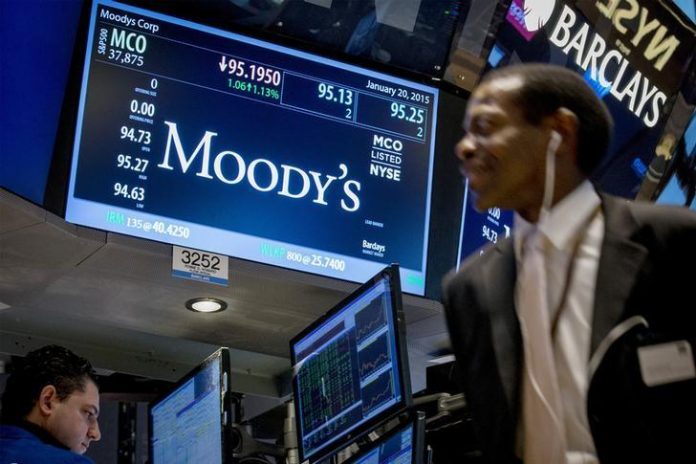By: Staff Writer
September 26, Colombo (LNW): President Anura Kumara Dissanayake says that his government firmly believes that Sri Lanka’s economy needs to be stabilized before making structural changes to all sectors.
We plan to begin negotiations with the International Monetary Fund immediately and proceed with activities related to the extended credit facility,” Dissanayake said.
He further said that the debt restructuring process will continue, and steps will be taken to bring about debt relief as soon as possible through discussions with relevant parties.
However Moody’s, a global credit rating agency, has stated that Sri Lanka’s credit risks may remain high despite new President Anura Kumara Dissanyakes’s pledges.
“Before implementing long-term and medium-term plans for that purpose, we will work to create a short-term stability through the immediate economic measures that are required,” he said, delivering his inaugural address to the nation on Wednesday (25).
President Dissanayake says all steps needed for the expected change depend on building stability and trust in the economy. Therefore, discussions with the International Monetary Fund (IMF) will resume soon and the process of the Extended Fund Facility (EFF) will be advanced, he said.
“The change we seek involves many steps that will take time. However, achieving stability and confidence in the current economy is crucial.”
“Moody’s, a global credit rating agency, has stated that Sri Lanka’s credit risks may remain high despite new President Anura Kumara Dissanayake’s promises to lower taxes and adjust the country’s International Monetary Fund (IMF) bailout agreement.
According to Moody’s, while significant changes to the reform agenda or macroeconomic policies—such as ongoing debt restructuring and IMF-backed structural adjustments—are unlikely, there could be shifts in policy priorities.
These shifts, particularly related to fiscal consolidation, may keep credit risks elevated for an extended period.
Since Sri Lanka’s 2022 default, the country has implemented several measures to regain fiscal stability, including increasing VAT and corporate taxes and reducing personal tax exemptions. Moody’s, which rates Sri Lanka at Ca, just above default, noted that these actions have raised government revenues to over 11% of GDP in 2023, up from 8.3% in 2021, and reduced the fiscal deficit to 8.3% of GDP from 11.7%.
However, despite these improvements, the fiscal deficit remains large, and debt affordability is expected to stay weak. Interest payments are projected to consume 40%-50% of government revenues over the next few years, which is still among the weakest compared to other sovereign nations rated by Moody’s, though it marks progress from the over 70% level in 2021.


